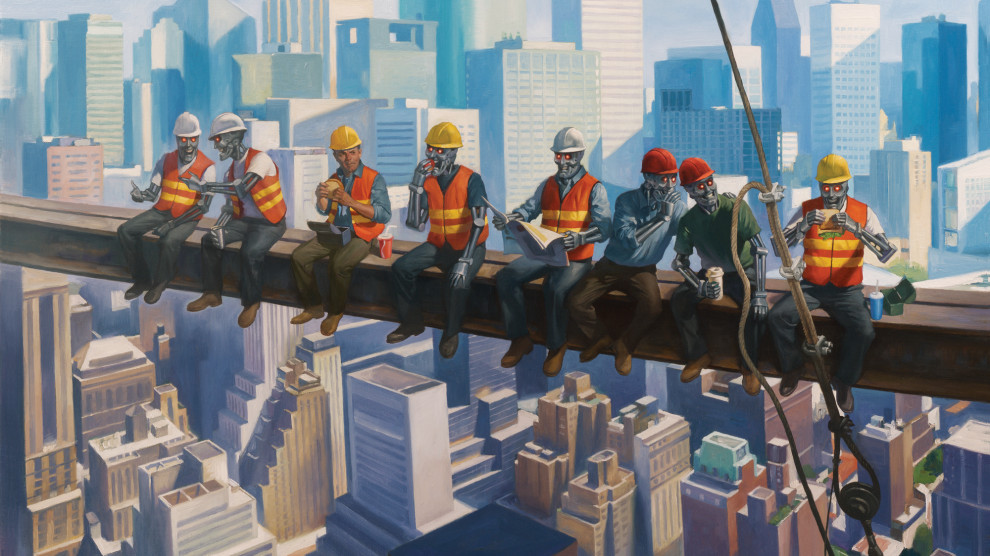Is Capitalism Killing Your Job?
Capitalism is often praised as the most successful system for creating wealth and lifting people out of poverty the world has ever seen. There are those however who argue it is deeply flawed as the gap between rich and poor widens at an alarming rate. Who is right?
Capitalism rules
Today’s form of free market capitalism has created huge numbers of millionaires and billionaires in recent decades while endless traditional jobs are replaced by technology and part-time gig economy service roles. For economists and politicians it is a boom time as statistically the number of people in employment is at a high. But for the millions of people suffering from the transition to a new economy life is a struggle as insecure work abounds.
The gap between those who gain from the economy and those who suffer is at a peak, not least because technology helps those who control it to gain in a disproportionate way. At a time when hospitals, schools and social services desperately need investment, it is easy to understand how society has become so polarised. And it is easy to understand why the next generation of workers are calling for radical changes to how the economy works.
Creating jobs
At a time of such turmoil there is however still enormous respect and support for the contribution entrepreneurs and small businesses make to local communities. Entrepreneurs are seen as crucial to the health of the economy, as new and growing businesses provide everyone with the chance to find work.
Creating jobs, generating wealth and supporting society in combination with running a purpose-driven business is increasingly seen as important to the next generation as they want everyone to enjoy the benefits of success. Pressure is mounting on businesses that focus solely on profit as they are pushed to embrace a wider perspective that supports local people and local communities. Even in the world of venture capital there is a growing appetite for ethical investment funds that focus on sustainable value-driven criteria. Another driver of change is the fact that the current system is failing the majority of people, which doesn’t bode well for a prosperous or balanced economy. And there is a growing realisation that the unwritten promise of reward for hard work is no longer true as people are trapped in a cycle of poverty without hope.
The spread of technology into every area of the economy is helping those with access to capital and the right mix of skills. For others there is tremendous strain and hardship, as jobs disappear with little prospect of replacement opportunities. And the failure of so many people to improve their situation highlights how the system is damaged and damaging people beyond repair.
So, today’s form of capitalism rewards the rich and punishes the poor in an unsustainable way and must be changed before it is too late for those left behind.




